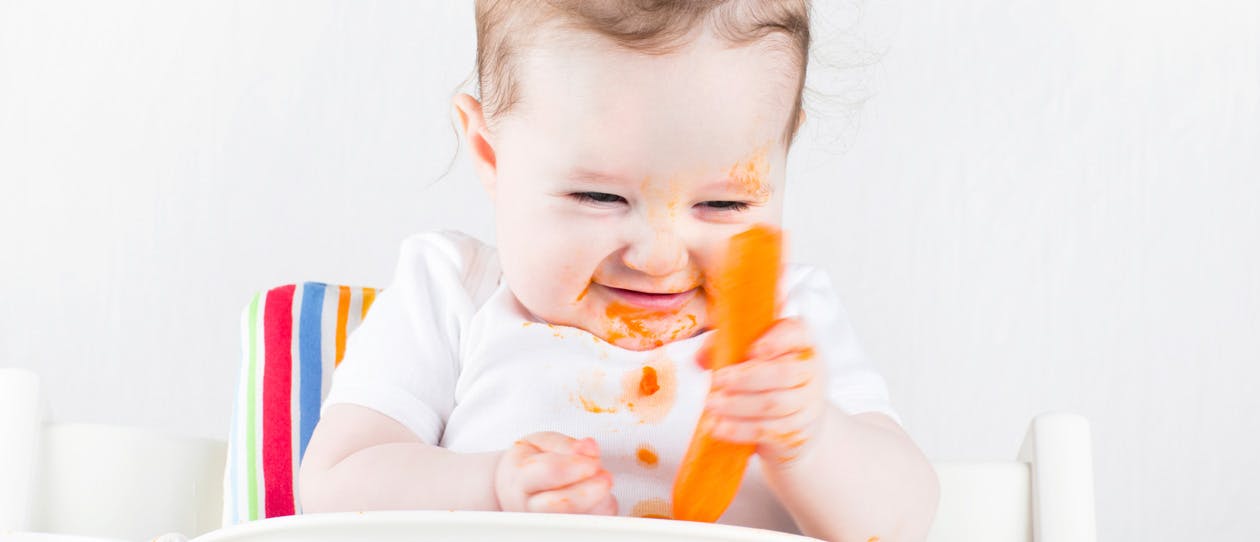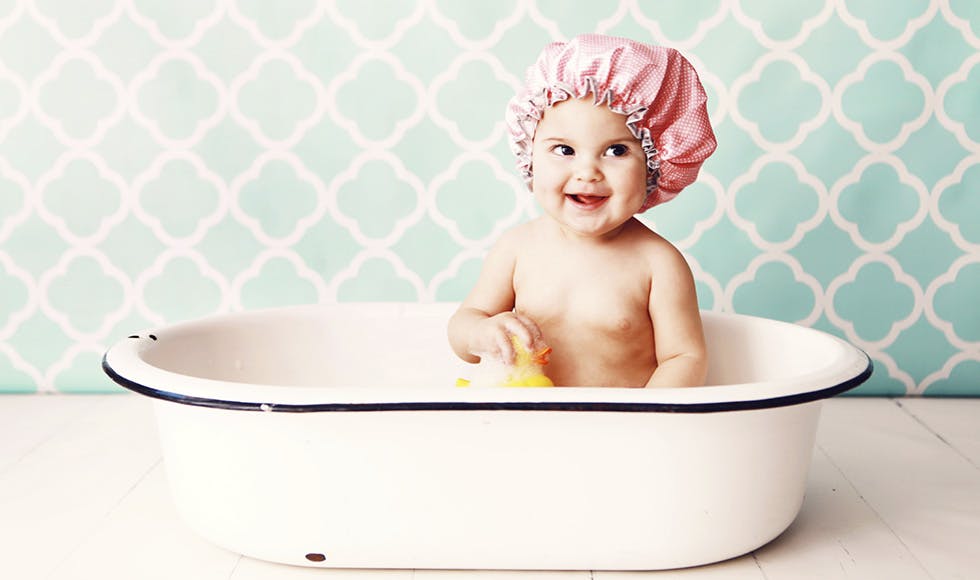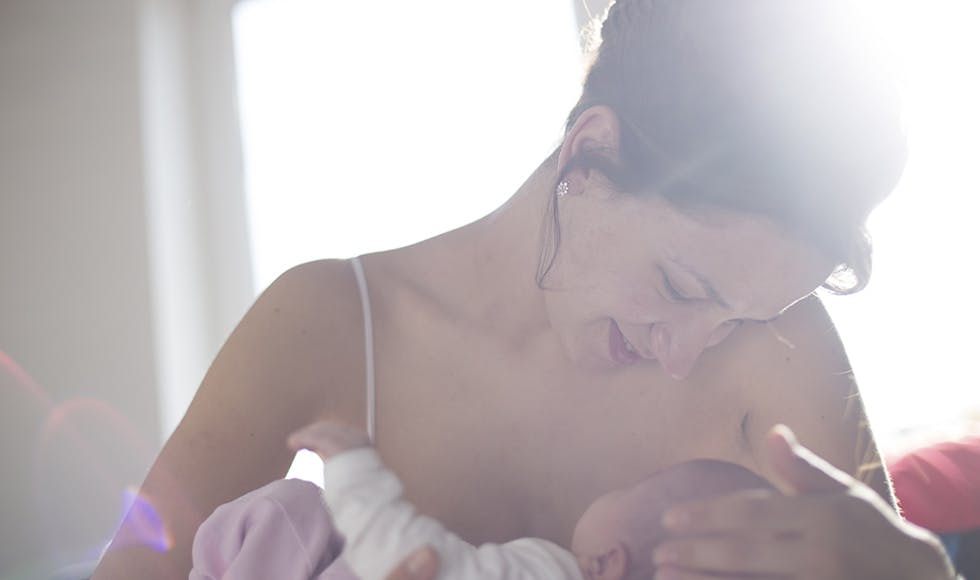How to introduce solids
Start slowly and when you and your baby are both relaxed. Try these tips for starting solids:
- Offer solids after a milk feed: Babies are usually more willing to try solids after a milk feed because it takes them a while to get the hang of it, so if you try and give them solids while they are ravenously hungry, you’ll be fighting a losing battle Don’t worry, they’ll still have room to try new foods after milk
- Start small: Be aware they won’t eat a lot – a few teaspoons of iron fortified infant cereal is all they need in the beginning, which you can gradually increase to a few tablespoons
- Look for signs of hunger: These may include opening their mouth and excitement as the food approaches, and leaning towards you while in their highchair
- Learn when they’ve had enough: Your baby may turn their head and push the spoon away, get distracted and clamp their mouth shut
- Supervise eating: Always supervise your baby eating and make sure they’re sitting up to prevent choking risk. Try to avoid chunks of firm food for the same reason
Baby’s first foods
There is no need to introduce one type of food first, and you can mix first foods together. However, if you have a family history of food allergies, it may help to introduce one new food at a time so you can identify allergies if they occur.
Offer a range of foods, including:
- Vegetables and fruit
- Iron-fortified infant cereal, wheat, oats, bread, rice and pasta
- Dairy foods like yoghurt and full-fat cheese
- Cooked egg, but not raw or runny egg
Remember to keep breastfeeding or using baby formula alongside solids, as breastmilk or formula still form an essential part of the infant diet. This is why starting solids is referred to as “complementary feeding”. As for
when to wean your little one off the breast, it will depend on when you and your child are ready.
Baby food preparation
Your baby’s first foods can be mashed, smoothed, pureed or offered in soft pieces. Some parents swear by feeding solid pieces – cut to a size that prevents choking, as a way of preventing future fussy eating, while others struggle to get their baby to eat anything that is not pureed until they are used to the flavour. It really comes down to what works for you and your family, there is no right or wrong.
If you do start with smooth or pureed food, increase the texture to mashed and soft pieces over a couple of weeks. Changing the texture will help your baby chew, which helps develop the muscles they need later for talking. Also offer finger foods from around 8 months – think pieces of cooked vegetables and soft bread crusts or toast to encourage chewing and self-feeding.
Introducing solids can be a bumpy, messy ride, so the best advice is to relax and let your baby have fun with it and being part of your mealtimes. While solids turn a tidy bottle or breastfeed into a mess of spit up food and debris in their hair (and possibly all over the walls, floors and pets), just remember it is a phase. A little early leeway means they’ll become confident with solids quicker.
Still have questions? As our lactation consultant, Julie, below or your GP or healthcare provider – they are a great wealth of information, particularly if you’re having issues that need personalised help.





